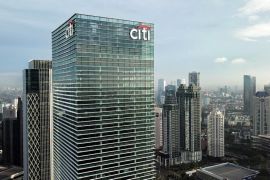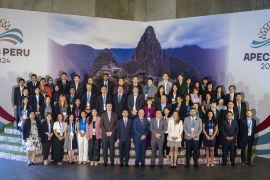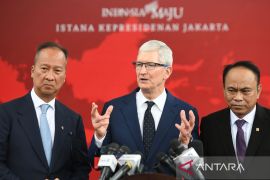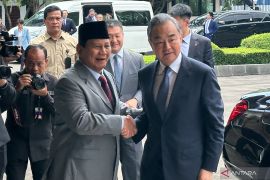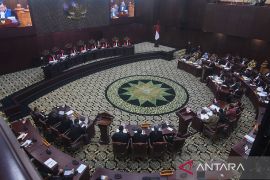"The EU and Indonesia can now launch official negotiations to discuss CEPA. The EU Commission has received an official mandate from member countries and has completed its internal procedures. So, we can conduct formal negotiations," Minister of Trade Thomas Lembong said at a press conference here Monday.
The launch of CEPA negotiations showed the seriousness of the two parties to continue efforts to deepen and extend strategic relations in the field of economy in the current economic uncertainty in the world, Thomas said.
He hoped the IEU-CEPA negotiations would be completed within two years. Later, the negotiations would have a significant impact on Indonesia including boosting national economic growth, creating new jobs, in transferring of technology and creating new opportunities for small and medium enterprises.
The official CEPA negotiations were launched three months after the scoping paper was agreed upon in April as the EU Commission needed a mandate to conduct negotiations from the EU Council based on the paper, Thomas said.
"The EU is the worlds economic block, so we are very happy we could start the process of negotiations. This shows that the spirit of partnership between Indonesia and the EU is very strong despite a lot of challenges, including Brexit and the recent terror attack in Nice, France," he said.
The total trade between Indonesia and the UE in 2015 reached US$26.1 billion, according to the Central Bureau of Statistics. Indonesias exports to the EU were recorded at US$14.8 billion while imports reached US$11.3 billion.
Total investments from the EU to Indonesia in the past 10 years, from 2005 to 2015, have reached US$9.8 billion and are focused on construction, transportation, food crops, and plantation, apart from the mining sectors.
"We hope the EU will make Indonesia its regional production base for Southeast Asia, East Asia and South Asia that have so far continued to grow dynamically," he said.
Based on the agreement in the scoping paper, Indonesia and the EU will start negotiations on issues such as trade of goods, customs, trade facilities, technical regulations in the fields of sanitary and vito sanitary.
Other issues included technical regulations in trade technical barriers, service trade, government spending, and intellectual rights, in addition to business competition, policy transparency, dispute settlement and sustainable trade and development.
The EU is Indonesias fourth biggest trade partner with its main exports consisting of agricultural and fishery products, furniture, engine components, and textiles, apart from footwear, plastic and rubber products.
Indonesia, on the other hand, is the EUs fifth largest partner from Southeast Asia and the 30th largest globally.
The EUs main exports to Indonesia include machinery, transportation equipment, chemical products and services.(*)
Editor: Heru Purwanto
Copyright © ANTARA 2016
